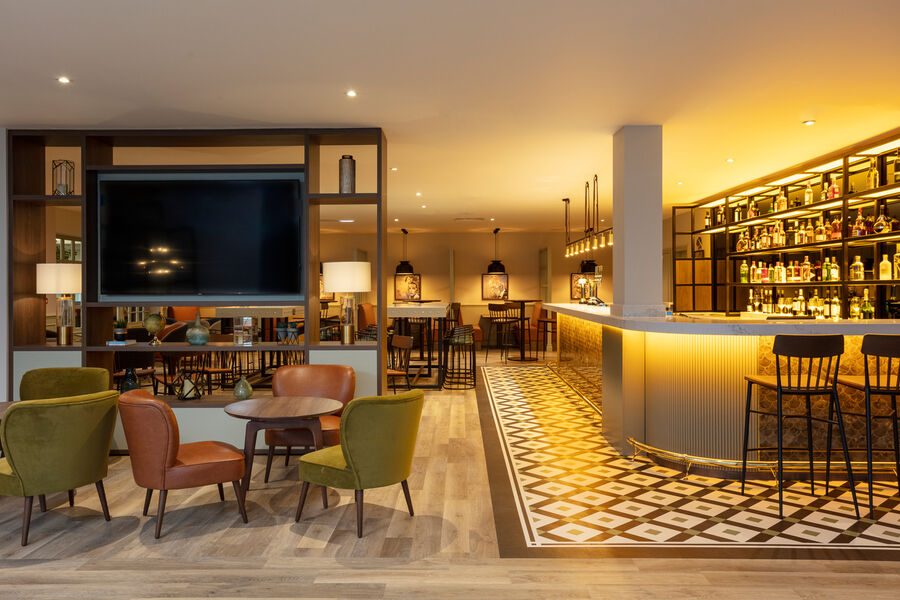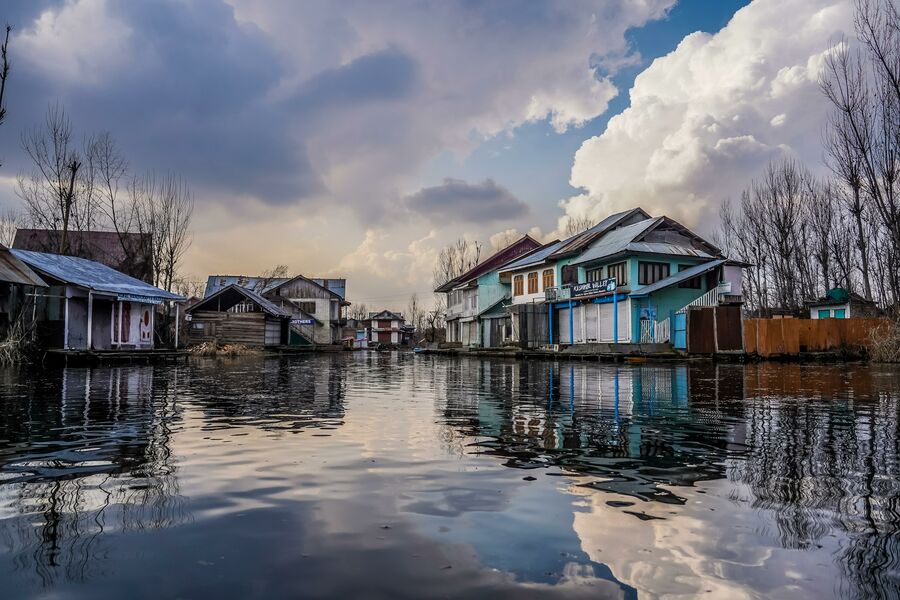08 September 20214 min read
The future of the hotel is now
Ica Studio
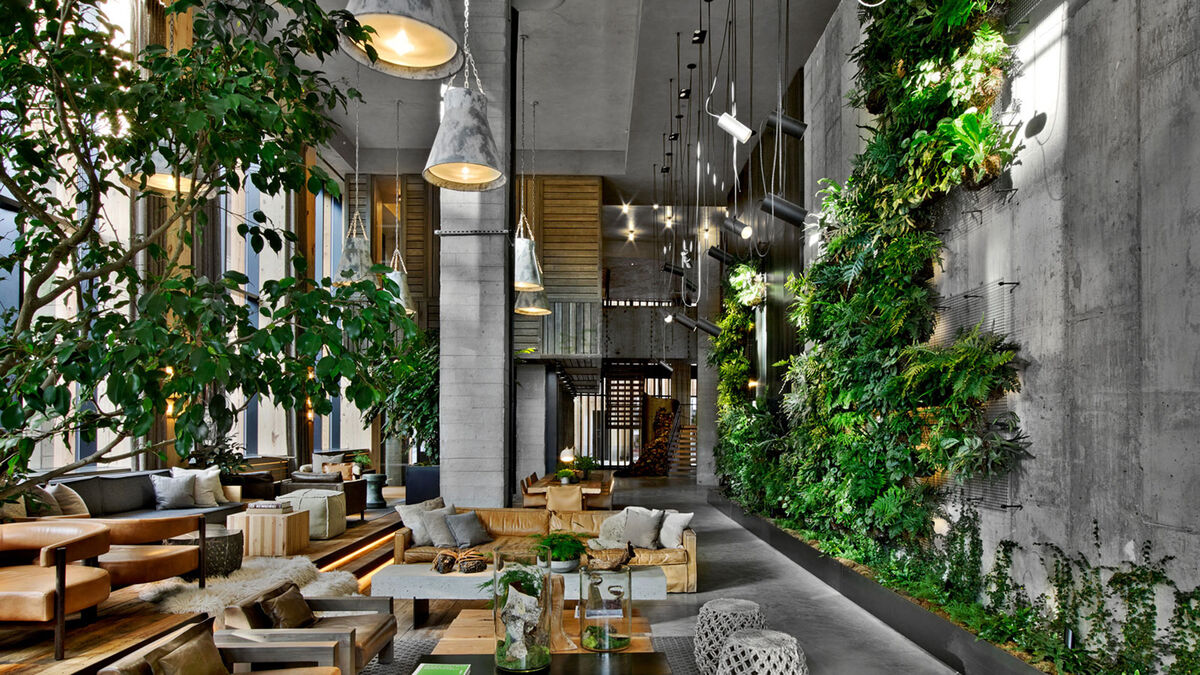
Life has changed dramatically for many in our globalised world — and no industry has been impacted more than hospitality & travel
As the summer fades and the cooler autumn weather starts to close in, the world is fast approaching another milestone — the second year since the Covid-19 pandemic began. Gone are the days of weekly business trips or hopping on a plane for a city weekend break. We're now much more selective in deciding where and when we go. With the advent of video meetings, the need or desire to travel for work has been greatly reduced.
The pandemic has also coincided with increased extreme weather events globally — the climate crisis getting an almost equal share of news headlines alongside the pandemic. Many noted that during the early restrictions a year ago there was a dramatic reduction in air and noise pollution. Particularly in cities, you could hear the birdsong clearly and breathe cleaner air.
The enforced pause on global travel pushed people to reassess how they travelled pre-pandemic, as more people gained a new appreciation for their local and regional areas. As we start to emerge out of restrictions, and attempt to return to a 'new normal' of travel for work and pleasure, the hotel industry will need to adapt — interior designers will need to be creative in reimagining how hotel spaces will be used in the future.
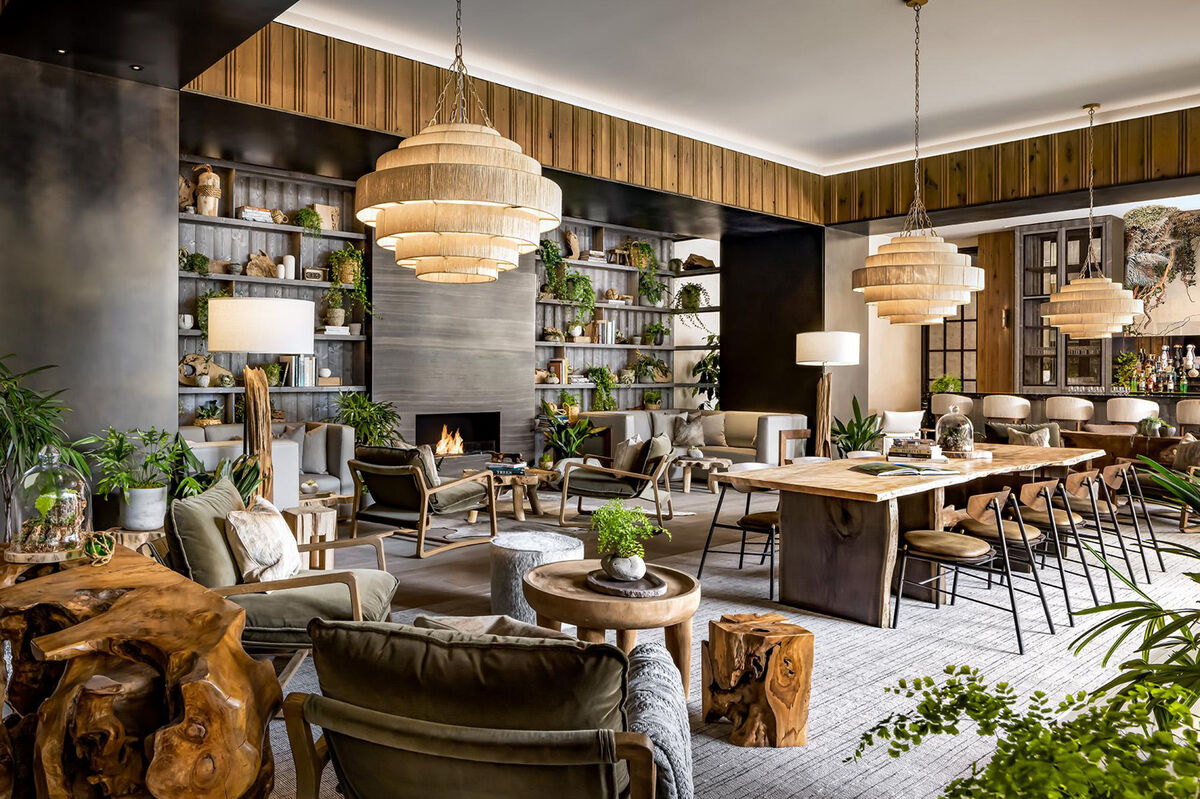
There is no doubt that the hospitality industry has suffered greatly during the pandemic
The positive spin on the crisis is that designers, architects, and our hospitality clients can embrace these difficult times by finding creative solutions to address the new requirements that customers will seek, such as an increased awareness of hygiene, wellbeing, sustainability and the climate crisis. This should push the industry to assess how hotels can provide and be more relevant to the local communities they are located in.
The hotel of the future will likely embrace the local more than ever. Hotels will need to become part of their neighbourhoods.
Going forward
I believe the hospitality industry has an opportunity to reinvent itself through flexible, people focused designs that connect people with place:
- What role can design play in positively reshaping hotels?
- How can we support our clients?
- How can the building and design of hotels promote meeting sustainability targets and reduced global CO2 emissions?
- Through the design, can we promote the wellbeing of guests?
The pandemic has led to an increased awareness around humanity’s role in creating a sustainable future and has shed light on the direct connection between climate change and public health. As designers and architects there is a welcome change to evolve the hotel into a sustainable and wellness-focused environment that’s suitable for leisure, exploring local and social, or simply working away from home.
The sustainable hotel of the future should promote wellbeing not only of its guests, but its staff too, tapping into the local economy and responding to guests' evolving preferences and needs.
Personalisation of the guest experience
There's opportunity to enhance the guest experience by embracing technology, integrating that into the design, and offering flexibly designed public spaces — meeting local and guest needs alike. This is more than the traditional hotel offers, where one merely glides through the lobby just to get to the guest room.
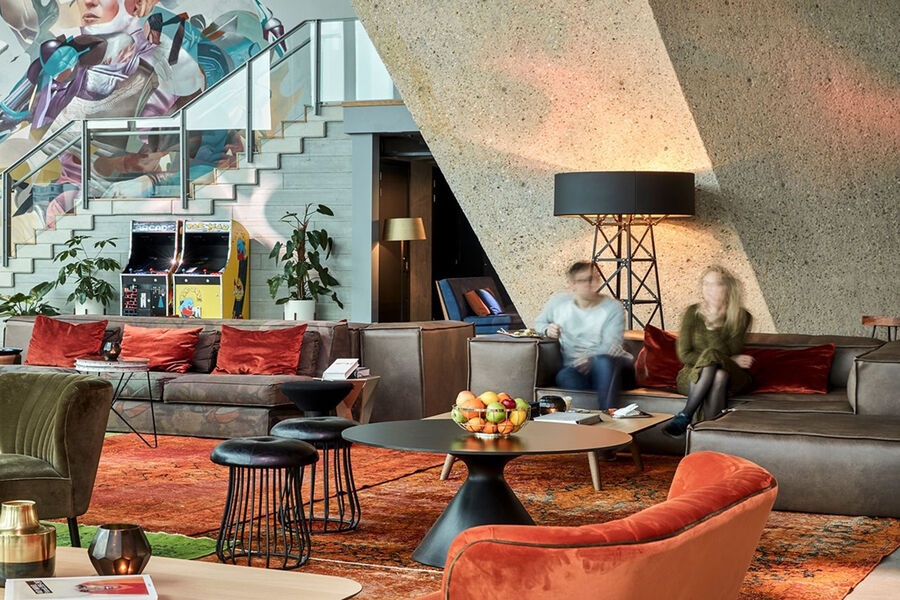
Sir Adam Hotel, Amsterdam
Lobby with flexible space — including a stage, games, bar & restaurant
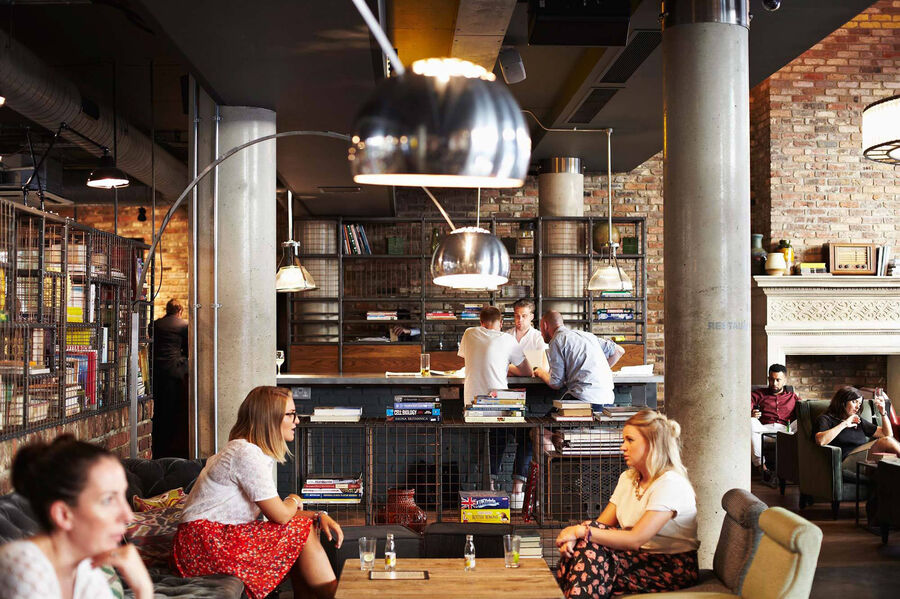
The Hoxton Hotel Shoreditch, London
Flexible lobby area — that locals fully embrace
I believe one key is to integrate hotels more within the local communities they inhabit
Pre-pandemic this trend had already taken hold, with public areas offering places for guests and locals alike to work, hang out and socialise. Hotels such as the Sir Adam hotel in Amsterdam and the pioneering Hoxton Hotel in London were already hosting artists, musicians and movie nights, with attractive bars and restaurants that were embraced by the locals. The hotel of the future will likely embrace the local more than ever. Hotels will need to become part of their neighbourhoods. It’s all about local, local, local. After all, before the pandemic struck, isn’t that why so many of us embraced the city hopper weekend breaks? To embrace and explore another local?
Hotels will increasingly need to weave themselves in the neighbourhood narrative. For example, having local food on the menu, offers guests a more sustainable offering, with the benefit of less travel miles spent on the food getting to the hotel, as well as supporting local business and becoming more integrated with local and regional economies. With the advancements in technology and guests desire to reconnect with nature, it is important for hotels to consider their target audience, brand image, community, and culture representation.
It’s an exciting time for the hospitality industry and designers are ready to embrace the challenge and be inspired by the 'new normal'. The future of the hotel is now.

